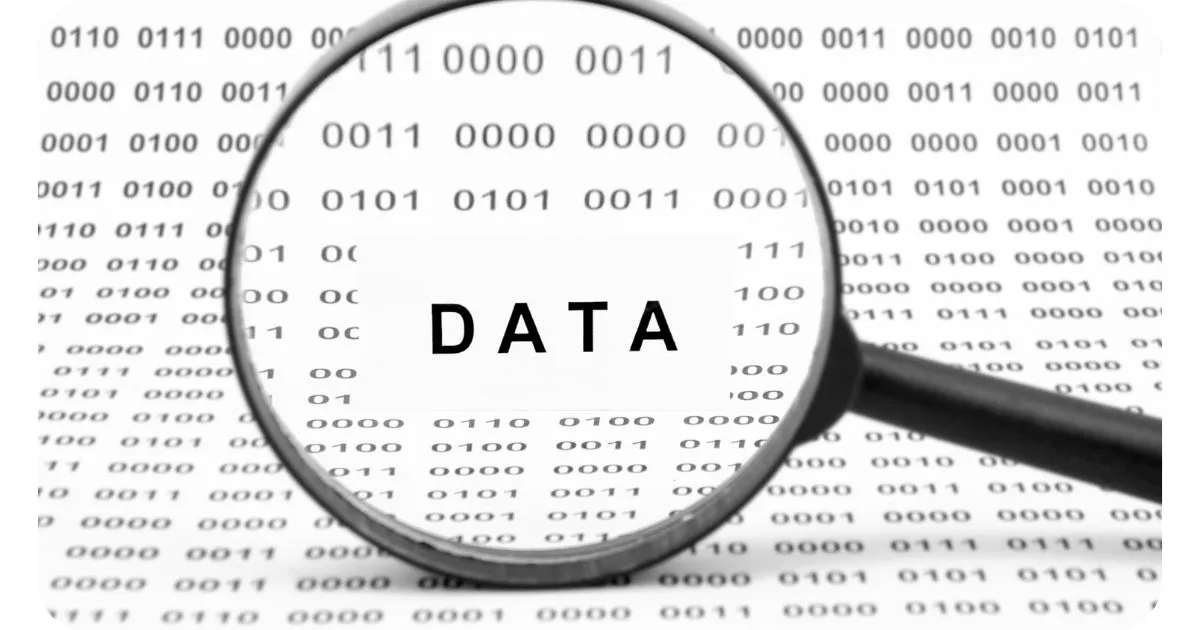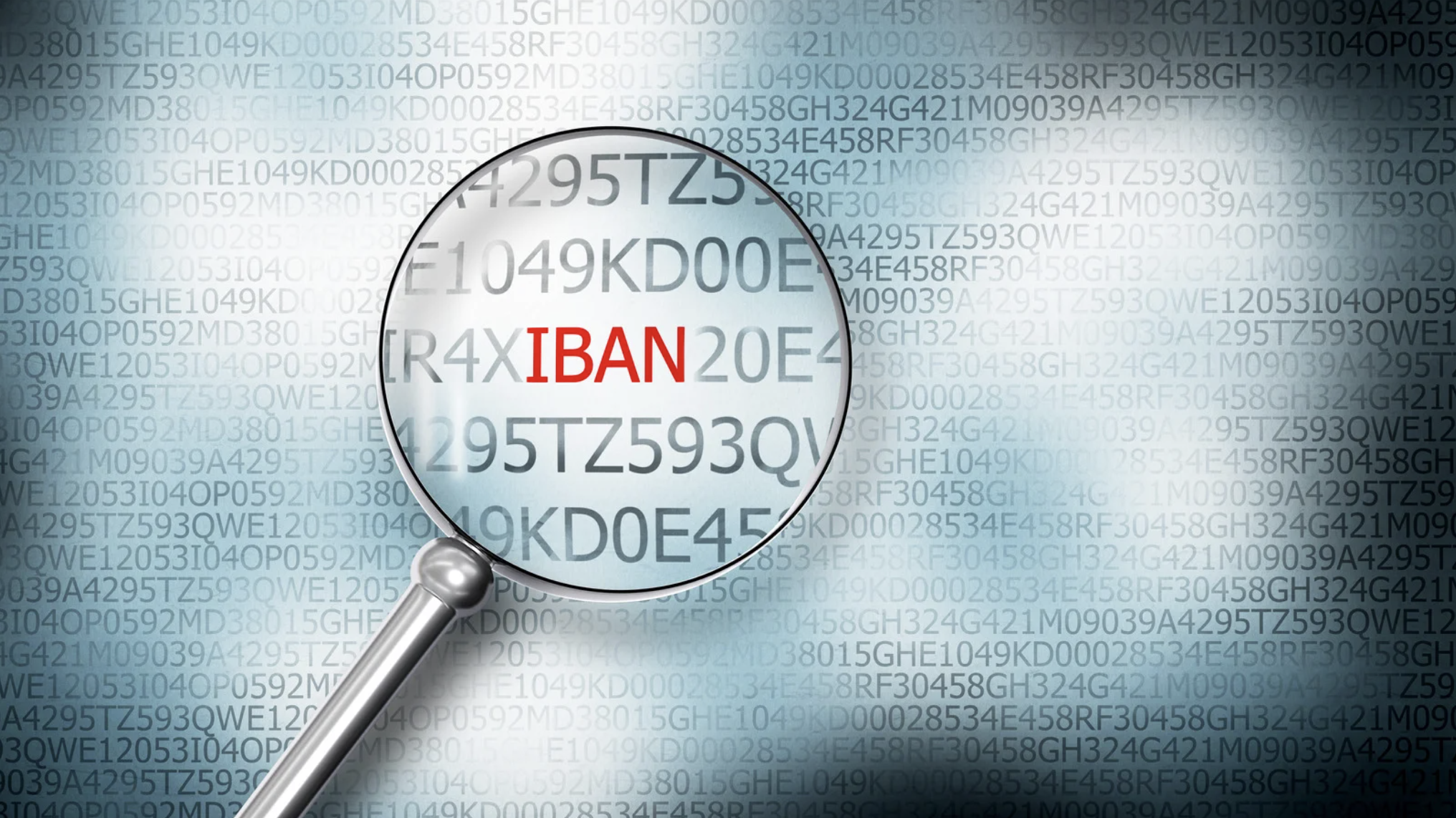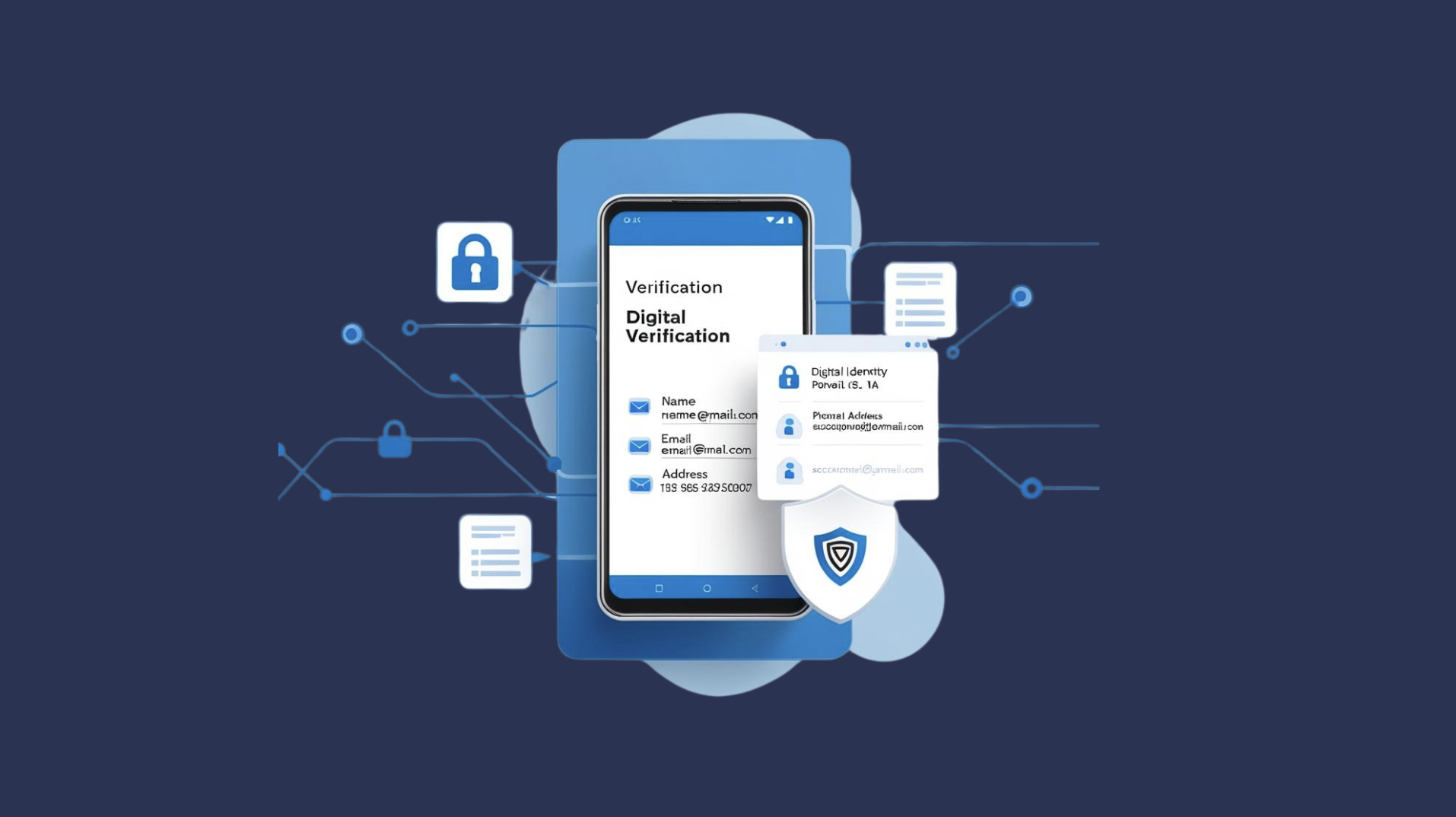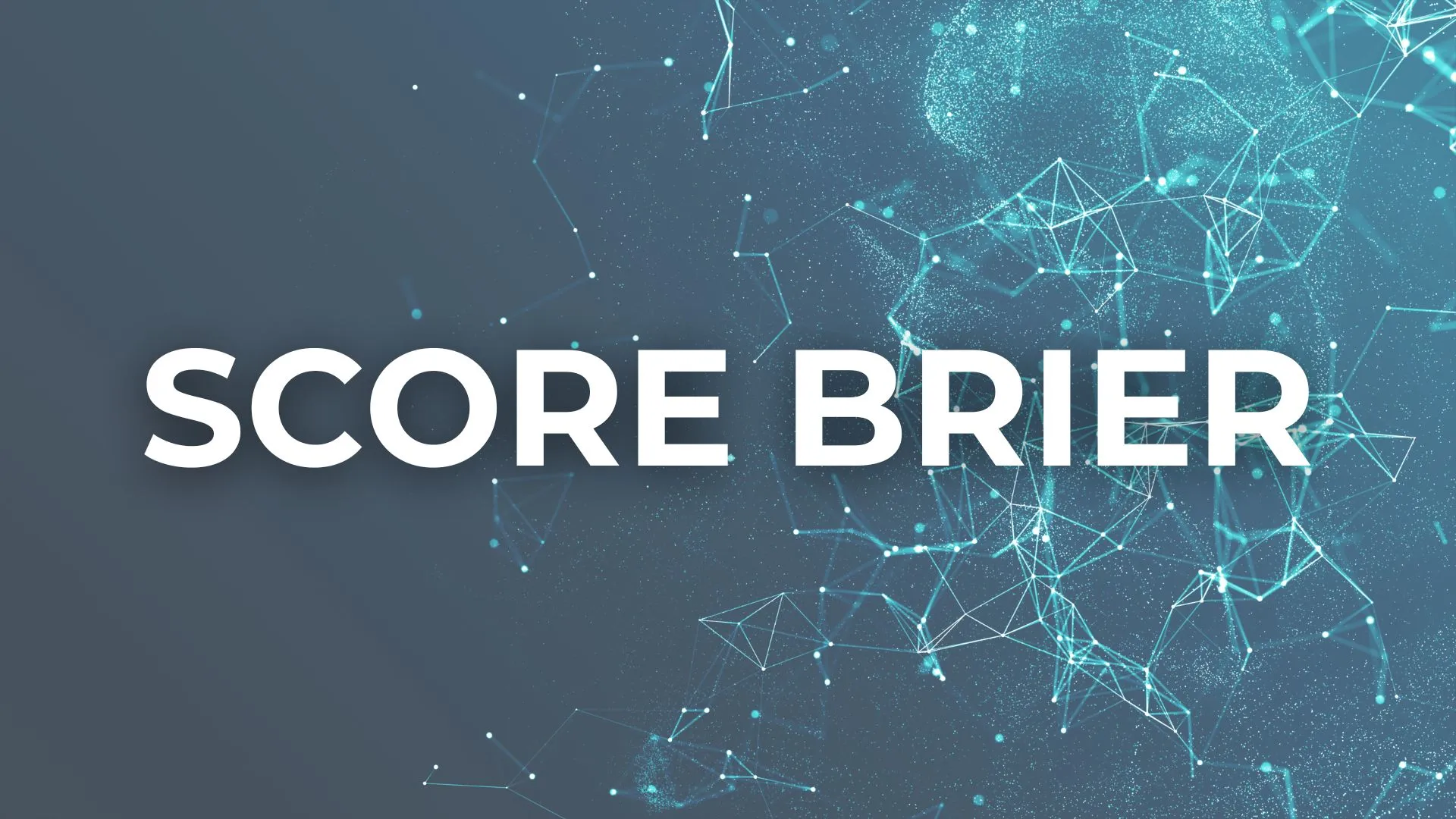Open data, in brief
Open data or "open data" concerns data to which access is completely open and free of rights. These data can be exploited and used.
It is ultimately the data that everyone can access, use and share. Governments, businesses and individuals can use it to create social, economic and environmental benefits.
Three criteria for talking about open data: availability, reuse and distribution, and universal participation (Definition of Open Knowledge).
In concrete terms, these are data that can be accessed because they are available online. They can be used because they are accessible in a common, machine-readable form.
Open data must be licensed. This license must allow free use and authorize users to transform, combine and share this data. Even for commercial purposes.
Principles and functioning of Open data
Free data must be:
> Primary : the data must be raw and unprocessed.
> Fresh : they must be accessible as soon as they are produced and regularly updated.
> Accessible : they must be available to the greatest number of users and preferably available for download or online.
> Non-discriminatory : data must be usable by all without any discrimination in their use
> Machine readable : they can be subject to automated processing by computer machines or artificial intelligence.
> An open format : the data format must not be the property of an organization or company. > A free license : the data must be able to be modified and redistributed, including for commercial purposes.
Open data and GDPR: compatible or not?
The compatibility between the principle of open data and the GDPR is often questioned. Technically, accessible public data must respect the privacy of individuals . They may be anonymized if published.
In the event that personal information is disseminated, it must respect the principle of “privacy by design” of the GDPR.
In this specific case, the persons concerned must give their prior consent.
What's at stake with Open Data for Business
Open data is a real opportunity for growth . Indeed, free access to sources of information, market studies are more effective.
Companies can therefore use it to improve their services and products . A lot of information can be collected and integrated via APIs. Open access allows teams to focus on value-creating activities.
Open data in the fight against fraud
Open data makes it possible to fight fraud effectively. Meelo collects more than 400 data found in open data allowing to transmit a prediction score in a few seconds.
Our solution is based on the real-time analysis of customer data by combining artificial intelligence and open data in order to verify consistency with the identity (address, email, telephone, date of birth, etc.) and the documents provided ( payslips, identity papers, bank statements, etc.).




